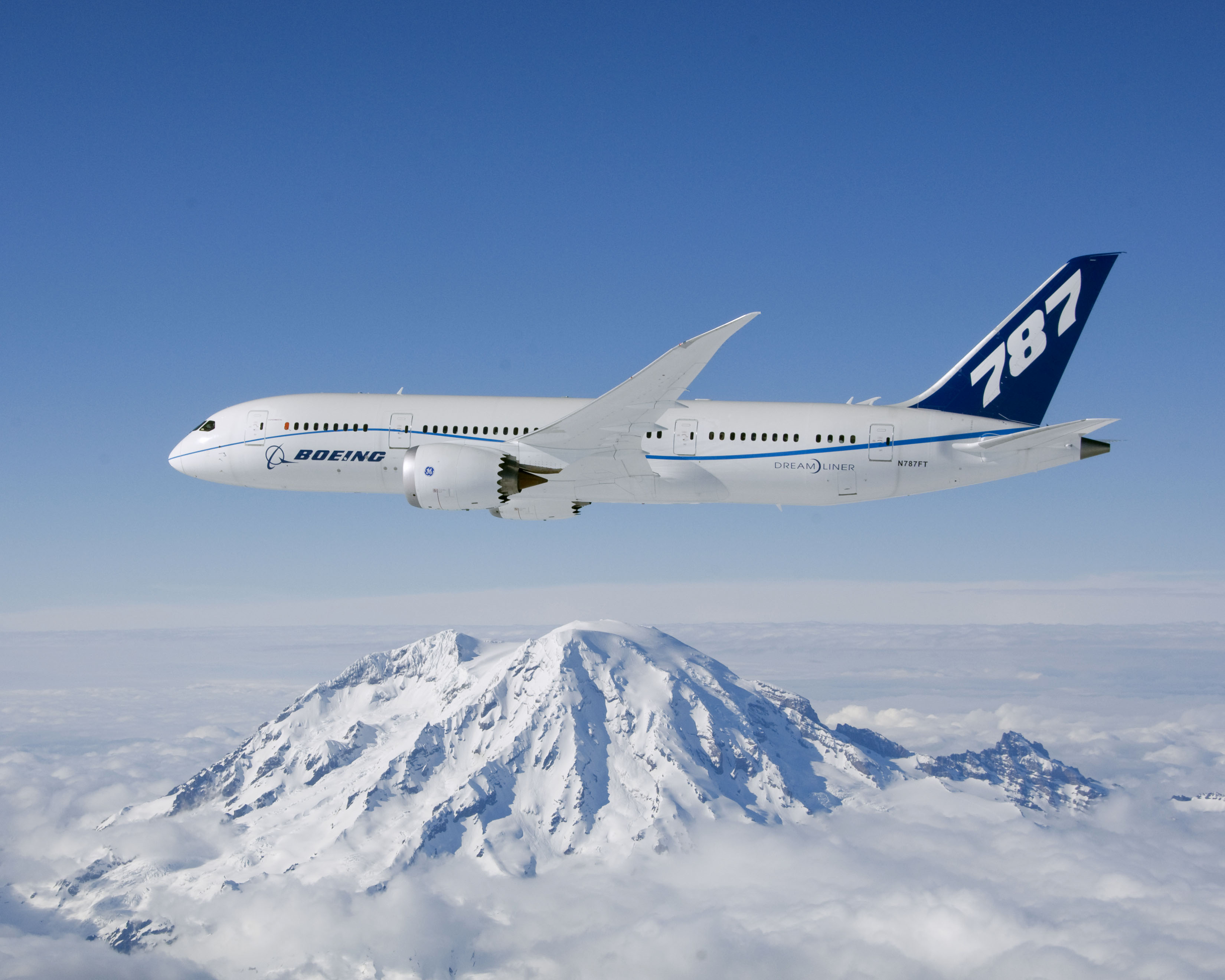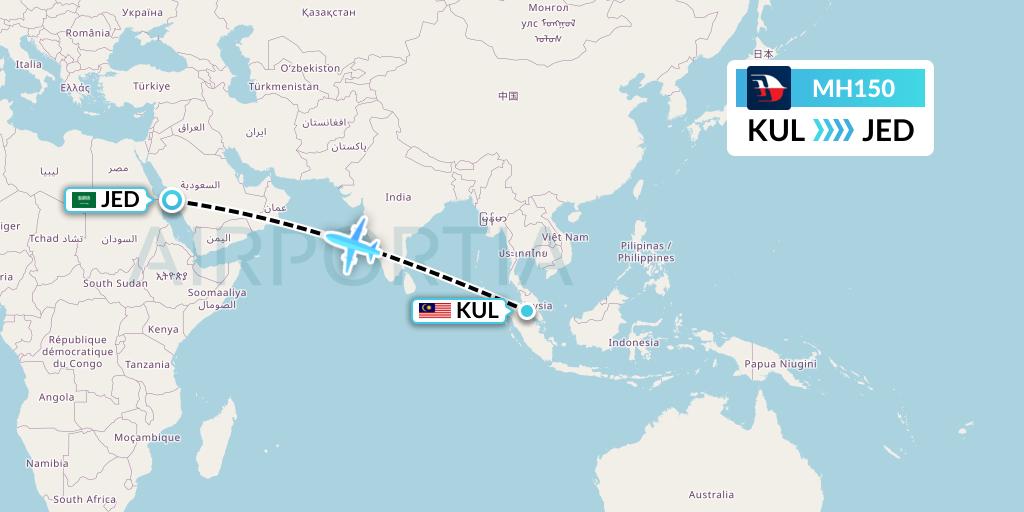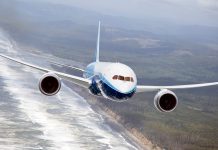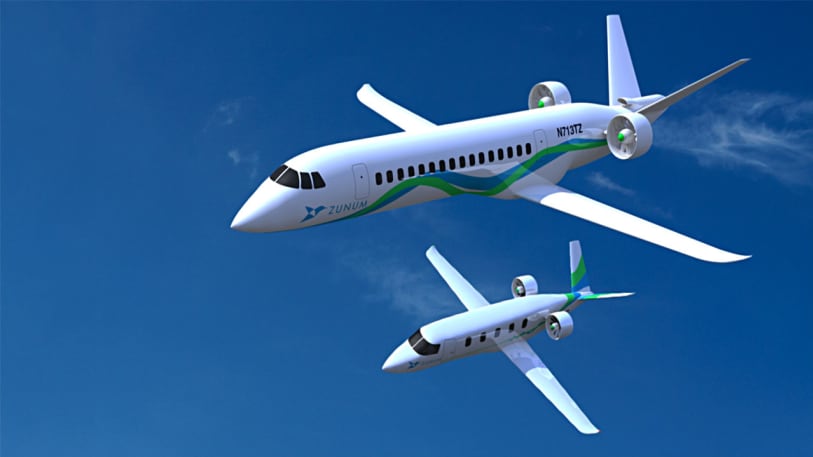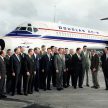Backers are betting big that a revolutionary new electric-jet aircraft now under development in surburban Seattle could bring back scheduled air connections to smaller cities abandoned in the recent waves of airline consolidation.
With start-up support from both Boeing and JetBlue Technology Ventures, the goal is to begin re-seeding these communities by the early 2020s with a slew of new air services.
“The shift of the [airline] industry to large aircraft and long ranges driven by gas turbine [engines] has concentrated almost all air traffic to just two percent of our airports,” says Zunum Aero founder and chief executive Ashish Kumar.
In a prepared release from JetBlue Technology Ventures he says this has created a “massive transport gap over regional distances where there is no high-speed alternative. As a result, door-to-door times for most journeys are no better than they were 50 years ago.”
He goes on to assert: “Hybrid propulsion is an industry-changing solution, enabling mid-size aircraft on regional routes to have better cost efficiencies than [larger, conventionally-powered] airliners.”
Zunum contends the electric/jet hybrid could bring a quartet of advantages to the market:
- A 40 percent decrease in door-to-door travel times on busy corridors, and as much as an 80 percent decrease on more heavily-traveled ones;
- Much lower operating costs, enabling fares 40 percent to 80 percent below current prices;
- Eighty percent lower emissions, dropping to zero as battery life improves over time;
- A 75 percent drop in community noise. This could open up all-hours access to smaller airports, such as Long Beach, California.
While he applauds any technology promising to lower costs and cut emissions, noted aviation consultant Mike Boyd questions the demand side of the aeronautical equation.
“You want to look at everything here,” says the president of Boyd Group International, a major aviation-consulting firm that specializes in small city air service. “If anyone comes along with an idea [to field a newer, better aircraft] as far as the technology goes” that’s great.
“As far as this being geared to bring air service back to Merced, California [and similar smaller cities] it’s a pipe dream,” he maintains. “There isn’t enough demand there to start with.
“Another example: Topeka, Kansas. You can put all the flights you want to in there. People are still going to drive the hour to get to flights in Kansas City. It’s more than just airplanes. It’s consumers and alternative options.
“I endorse heartily anybody who’s looking into new technology for airplanes. But if this is based…on there being a latent need for rural air service, they’re dreaming.”
Still, some very serious people are more than dreaming just now. They believe that the technology will work and they’re three-years deep in aircraft and engine development.
In addition to backing by Boeing and JetBlue, Zunum maintains a long-term partnership with the Center for Power Optimization of Electro-Thermal Systems, a National Science Foundation Engineering Research Center at the University of Illinois in the United Sates.
They’re all engaged just now in an effort to drive U.S. Federal Aviation Administration standards for electric aircraft. Those standards could roll out by 2018, with the first batch of electric aircraft certified for flight by 2020.


